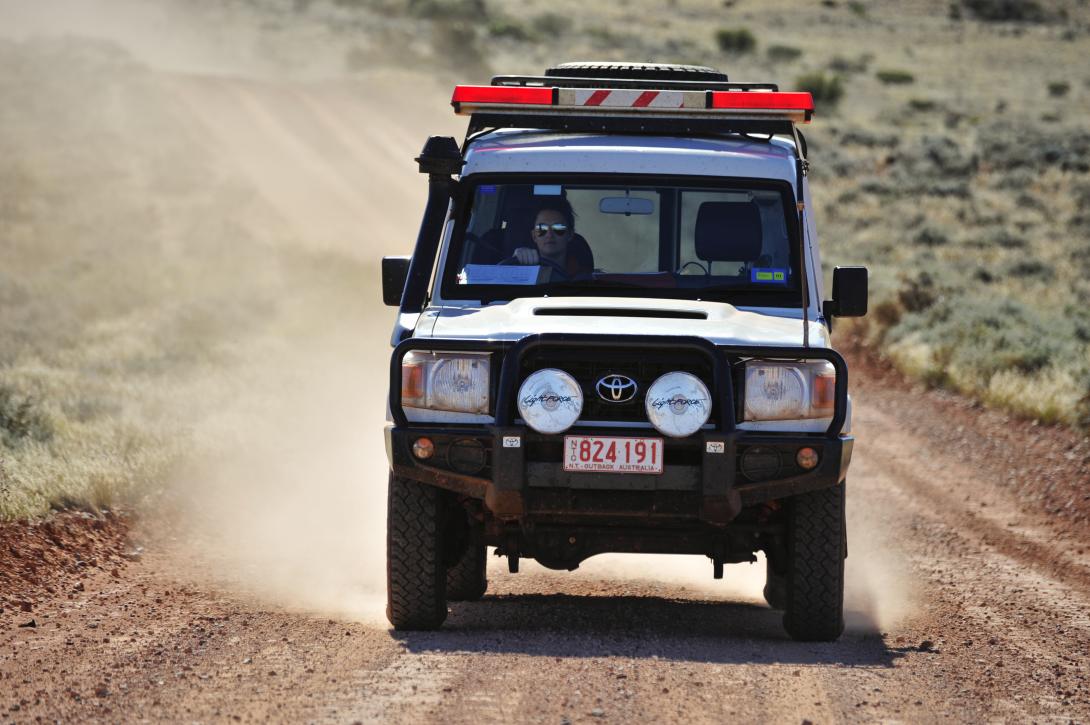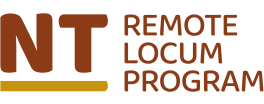
After more than 25 years of working mostly in emergency medicine, I was familiar with treating car accident victims and people experiencing heart attacks. I wanted a new challenge - one where I could use my skills, honed in quite a few of Victoria’s emergency departments and also in general practice, to help some of the sickest and most disadvantaged people in Australia.
I got in touch with Remote Area Health Corps (RAHC) to find out more about taking on a short-term paid placement, where I could swap my work as a general practitioner in Melbourne’s eastern suburbs for delivering vital primary healthcare in one of our nation’s furthest corners.
I embarked on a three-week stint through RAHC with the Department of Health on Groote Eylandt, which lies about 50 kilometres off the mainland in the Northern Territory. The island, the largest in the Gulf of Carpentaria, is the homeland of the Anindilyakwa people and also has a fly-in fly-out mining community.
This was my first experience working with remote Aboriginal communities. Each day, I was one of a small group of health professionals who travelled from the mining area to health centres dotted across the island.
Remote health is considered rough and tough but my placement wasn’t unpleasant. In fact, Groote Eylandt is incredible - full of lush greens and surrounded by vivid blue waters. It’s simply captivating and the people are amazing.
We hear a lot about the poor state of Indigenous health but until you go there and see it first-hand, it’s hard to comprehend the extent of the overwhelming healthcare needs in Indigenous communities.
We treated a lot of children, infectious problems and diabetes, and while most of the work was fairly straightforward, there were conditions that you just don’t see in urban Australia which are rife up north. Rheumatic fever and rheumatic heart disease is rampant - we were treating 10-year-olds who were having heart surgery. Sometimes, I found it difficult to believe I was in Australia.
One day, I assisted a palliative care patient with cancer who was the elder of his Aboriginal community. His dignity and gentleness impressed me. It struck me that he was the elder yet he was younger than me. The shorter life spans that Indigenous Australians face really hit home.
RAHC was great throughout my placement. Advice and assistance were only a phone call, text message or email away. It was reassuring to feel that support and connection even when you’re out in the middle of nowhere.
Our concept of suffering in urban Australia is quite different to the reality of how some people live their lives in isolated areas. In several weeks of working in Melbourne, it’s unlikely I’d come across one person as sick as the majority of people I came into contact with on Groote Eylandt.
Sometimes we lose track of how we can help people. These isolated communities are crying out for help. I’d definitely encourage other general practitioners to go remote. Here, you can use your skills and abilities to their maximum potential. My experience exceeded my expectations - I found it personally and professionally rewarding while it also boosted my enthusiasm for my work back home.
My first RAHC placement was a chance for me to give back and at the same time, I came away with a deeper insight into Indigenous health and the fascinating, unique Aboriginal culture that exists on Groote Eylandt.
I’ve already put my hand up for my next placement with RAHC. Any location will do - the more remote, the better.
Would you like to share your RAHC experience with other Health Professionals? We are always looking for RAHC Health Professionals to tell us about their experience, by preparing a RAHC story. If you are willing to share your story, please contact your Placement Consultant or email us.
*Dr Proimos's story has been featured in the October 2015 issue of the CRANAplus Magazine, pages 28-29.
